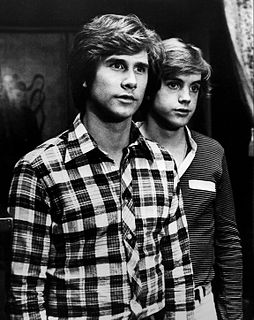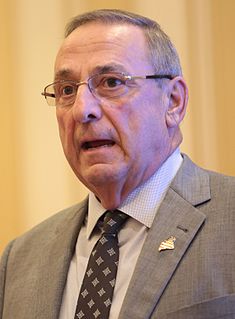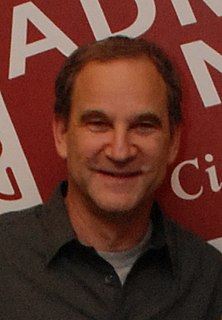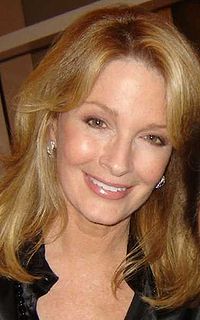A Quote by Parker Stevenson
You do show after show after show and get them done and on the air. Television devours material. We work a minimum of 12, 14 hours, and often 15, 18 hours a day.
Related Quotes
Of course you lose track of where you are sometimes, as you finish a show and ride in a tour bus from anywhere from 3 -12 hours and wake up in another city, and check into a hotel. So, I woke up after a few hours, packed all my stuff up and headed for the bus to depart for that day's show. I get to the lobby and our production person looked at me and said, "where are you headed?" - It was a day off!
Writing and producing the show is an intellectual process. Performing the show is far more athletic and intuitive, because you don't get to do it twice. It helps if you've done whatever the old saw is, 10,000 hours of it. Because I've done 10,000 hours of comedy, I have this database in my mind of what works and what doesn't work.
I had no interest in being an actress what so ever, and when I was about 14 or 15, I was signed to a company in England. They owned a children's TV show which they put me in as a singer, and I was on the show for three years, and I left the show when I was 18 and started looking for a record contract.
I have this problem where I get incredibly, miserably nervous every single show. This is part of why touring is so exhausting for me. I have not gotten to a place where it's like, "All right, here's another." It just doesn't feel workaday, at all, yet. It's kind of killing me, being so nervous so many hours of the day. After the show - we try to end on an anthemic note, and I try and let that be decisive, and I will often come back out for an encore a cappella, and that's where I try and take leave from the feelings of the stage. Trying, after I do that, to return to my life.
It's interesting: I went 25 years without watching a single television show. I was one of those people, because I was so inside how a television show was made, if I would turn on somebody else's show, I would sit there and analyze it, like, 'Oh, so they had four hours in this location and had to get out and the number of set-ups, etc.'
I always look terrible before the show. That's when I feel worst. And after the show it's like a million bucks. Simple as that. You feel a little tired but you never feel better. Nothing makes me feel as good as those hours between when you walk offstage, until I go to bed. That's the hours that I live for.



































